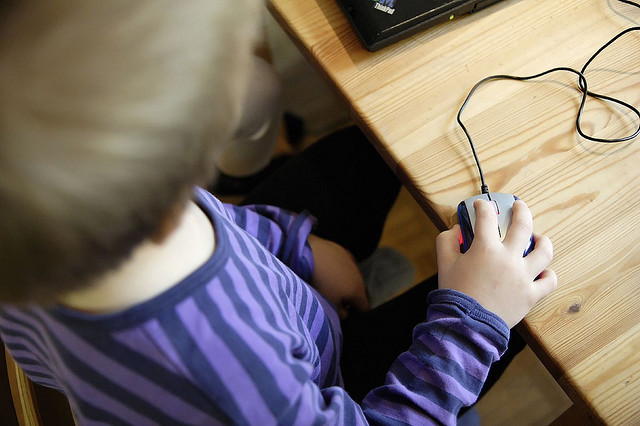1 in 5 kids watch VOD every day – but should they be less trusting?
David Farnor | On 24, Nov 2015
One in five kids between the age of 12 and 15 now watch video on-demand every day, according to new figures from Ofcom.
The regulator’s latest research reveals the extent to which online video has become the norm among the new generation of Brits: almost a third of kids aged three to four watch VOD content every day, while a fifth of those between five and 15 do so.
But children are becoming more trusting of what they see online, cautions Ofcom, sometimes lacking the understanding to decide whether it is true or impartial.
Children aged 8-15 are spending more than twice as much time online as they did a decade ago, reaching over 15 hours each week in 2015. Yet one in five online 12-15s believe information returned by a search engine such as Google or Bing “must be true”, while only a third of 12-15s are able to identify paid-for adverts in these results.
Indeed, as kids increasingly rely on the web for education, the boundary between sponsored and objective information is important. With YouTUbe the second most-used search engine, that distinction is even more so.
The video site is the preferred choice for true and accurate information among nearly one in ten (8 per cent) online children, up from just 3 per cent in 2014. But only half of 12-15s who watch YouTube are aware that advertising is the main source of funding on the site, and less than half (47 per cent) are aware that vloggers can be paid to endorse products or services. Only last year, stricter guidelines were introduced to highlight videos that featured paid product placement, while YouTube’s dedicated kids app also came under fire for commercial content after launching in the US.
James Thickett, Ofcom’s Director of Research, says: “The internet allows children to learn, discover different points of view and stay connected with friends and family. But these digital natives still need help to develop the know-how they need to navigate the online world.”
Many children are concerned about spending too much time on the internet, the study also reveals. Around one in 10 online children aged 8-15 (9 per cent) say they dislike spending too much time online, and nearly one in three 12-15s (31 per cent) admit they can sometimes spend too much time on social media in particular.
Parents, though, are also becoming more aware of the need to help protect kids from unsuitable content. More than nine in 10 parents of 8-15s (92 per cent) manage their children’s internet use in some way – either through technical tools, talking to or supervising their child, or setting rules about access to the internet and online behaviour. Nearly four in 10 parents (38 per cent) use all four approaches.
Among the technical tools used by parents are network-level content filters offered by broadband providers. Almost six in 10 parents of 8-15s (56 per cent) are aware of these parental controls, up from 50 per cent in 2014, and a quarter (26 per cent) use them, up from 21 per cent in 2014.
The large majority (84 per cent) of children aged 8-15 also say they would tell their parents, another family member or a teacher if they saw something online they found worrying, nasty or offensive. However, 6 per cent of children say they would not tell anyone.
Photo: Miikas




















